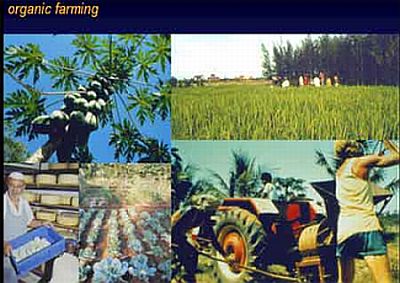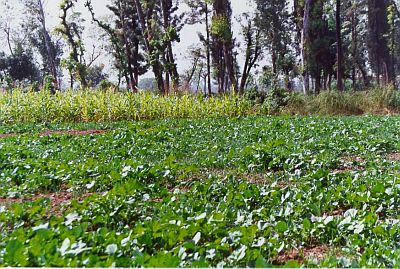
We’ve all been told we should buy organic, but how many of us really know that organic food may be no better for the environment than conventional produce moreover in some cases is contributing to global warming than intensive agriculture.
Sir David King, Government’s chief scientist, told The Independent that he agreed that organic food was no safer than chemically-treated food.
The report for the Department for Environment, Food and Rural Affairs found that “many” organic products had lower ecological impacts than conventional methods using fertilizers and pesticides.
But academics at the Manchester Business School conducted the study and said that was counterbalanced by other organic foods – such as milk, tomatoes and chicken – which are significantly less energy efficient and can be more polluting than intensively-farmed equivalents.

Some organic products and the pitfalls:
Tomatoes
Organic tomatoes grown in heated greenhouses in Britain generate one hundred times the amount of CO2 per kilogram produced by tomatoes in unheated greenhouses in southern Spain.
Milk
Producing organic milk, which has higher levels of nutrients and lower levels of pesticides, also generates more carbon dioxide than conventional methods – 1.23kg per litre compared to 1.06kg per litre.
Chicken
The amount of CO2 generated per bird is 6.7kg for organic compared to 4.6kg for conventional battery or barn hens, producing nearly double the amount of potentially polluting by-products and consuming 25 per cent more energy.
Source: The Independent




